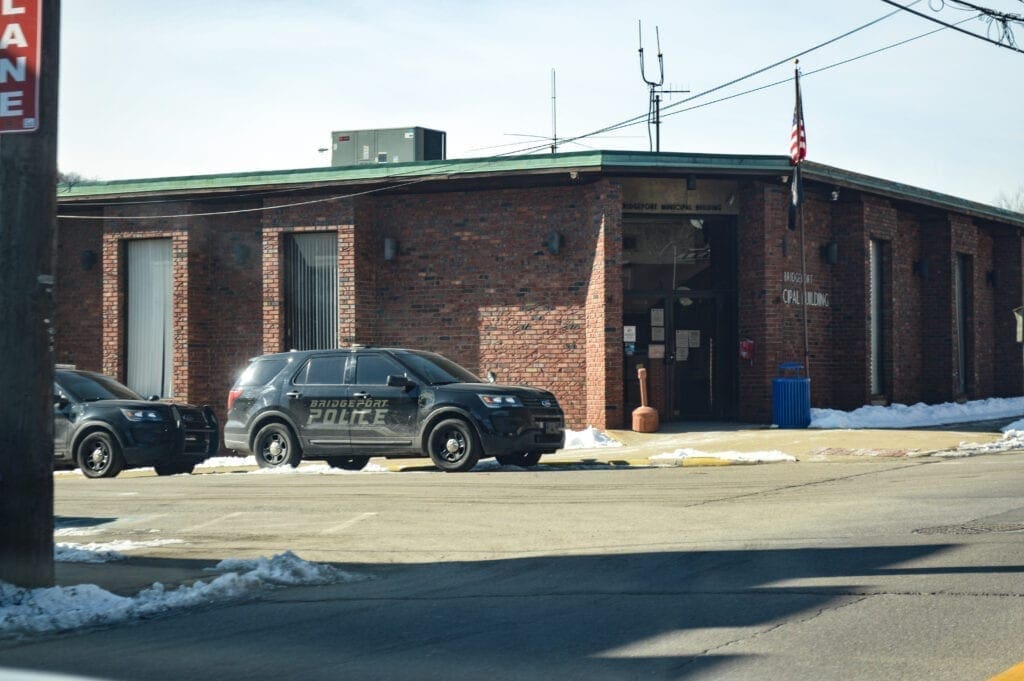The deadline passed, a lawsuit was filed, and now Bill Schmidt Jr. is awaiting word from the Village of Bridgeport and the Belmont County Board of Elections.
That is how the process works when it comes to citizen initiatives like what Schmidt wished to file in the village. Schmidt submitted 54 valid signatures penned by Bridgeport residents so the decriminalization of marijuana would be placed on the November ballot so the voters could decide the matter. That, however, is not how it has worked in the East Ohio village.
“Sometimes when we turn in our signatures for a citizen initiative, we find that the clerk has never done such a process, so we have to guide them,” Schmidt explained. “I have no problem helping them even if I have to walk them all the way through the process. That’s how I tried to be when it came to the one in Bridgeport, but then village officials decided they didn’t want to take the petitions for decriminalization, and I’m still not sure why.
“But last Friday, after the deadline passed on July 15, I had to file the lawsuit,” he continued. “Then, on Saturday, they called me and asked if I would turn in the petitions, but it was too late. Now my attorney is working with them to see what can be done so we can still get it on the ballot this November. I’d like to figure that out so we don’t have to go to court because if we do, the village will have to pay all the fees involved with the proceedings.”
Now, according to Schmidt, Bridgeport officials have until Thursday to ensure the issue will be included on the village’s ballot.
“They have a chance to fix this situation,” the activist said. “The ball is now completely in their court. If they don’t act, it goes to the Ohio Supreme Court.”

Efforts Were Made
Schmidt followed the process as defined by the Ohio Revised Code, and he should know it well after leading the effort to decriminalize marijuana in his native village of Bellaire.
And then phone calls were made, and after he was advised to call the village’s solicitor; he waited for a return call. Then he waited longer … to no avail.
“We did everything we could to communicate with the village officials as clearly as possible, but we didn’t get a response from the officials or from the village solicitor,” Schmidt said. “I don’t know if they just didn’t take me seriously, but this process is granted by Ohio’s Constitution, and there is no mayor, council member, or solicitor that can stop that process just because they want to. That’s not how this works.
“Because 540 Bridgeport residents voted in the most recent gubernatorial election in Ohio, I needed to collect 10 percent of that number as far as petition signatures to place the citizen initiative on the November ballot, so that’s what I did,” he said. “After that, I turn them into the village clerk, and they hold them for 10 days for public viewing, and then they send it to the Board of Elections so the signatures can be validated. Once the village certifies it after that, it gets sent to the Secretary of State. From that point, the citizen initiative will be on the ballot, but that’s not how it worked in Bridgeport, Ohio.”

Resistance Is Futile
In late August 2020, former Bridgeport mayor Dave Smith was sentenced to 3.5 years behind bars for stealing more than $24,000 from the village. Smith pled guilty to theft in office and conflict of interest and immediately resigned from the elected position.
Belmont County Judge John Vavra also barred Smith from ever holding public office again.
“The village of Bridgeport has been through a lot recently, and I understand that. The town seems to be in shambles right now, so I really didn’t want it to come down to filing a lawsuit,” Schmidt said. “But this case is a cake walk, and I know that because I am 3-0 in federal court. My attorney had to explain that to the people in Tiltonsville, Martins Ferry, and in Powhattan point. After that conversation, the process moved forward in those towns.”
But why resist when citizen initiatives are constitutionally protected?
“I believe the resistance in those towns has come from the city council members and not the people or even the police,” Schmidt explained. “I believe there are some people in those positions who think they can do what they want, but that’s not how this works. I am always very nice to everyone I speak with, but maybe it’s because they don’t know who I am and what I do. Or maybe it’s because they don’t take me seriously, but sooner or later, they have to.”




